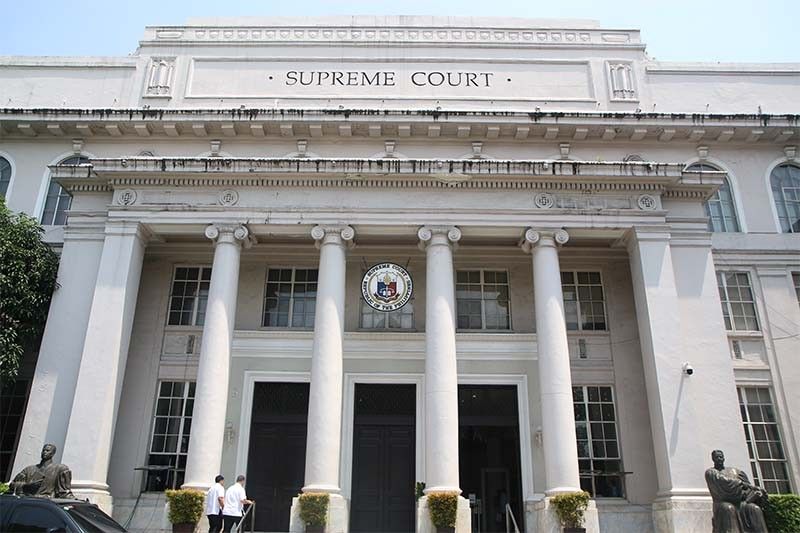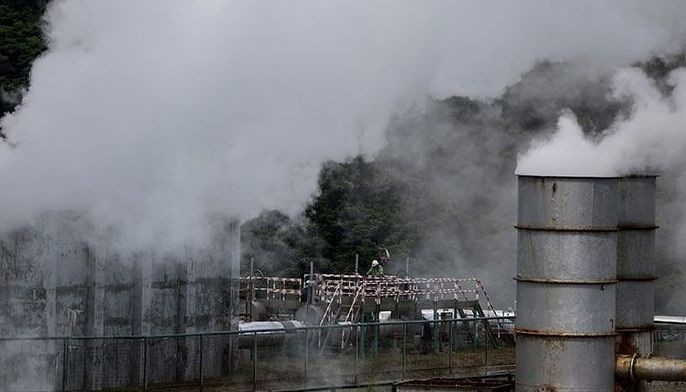SC aspirants weigh in on ruling on divorce from foreign spouse, drug case guidelines

MANILA, Philippines — Three appellate court justices applying to become a Supreme Court justice for the first time faced the Judicial and Bar Council panel on Wednesday morning.
Maria Milgaros Fernan-Cayosa representing the Integrated Bar of the Philippines, retired Justice Jose Mendoza and Toribio Ilao, representing the private sector, grilled Associate Justices Ramon Cruz, Eduardo Peralta and Ricardo Rosario on recent landmark rulings of the SC.
The three CA justices are vying for the seat that would be vacated by Associate Justice Noel Tijam when he hangs up his SC robes next month for retirement.
On recognizing divorce from a foreign spouse
The SC in April said that a divorce obtained by a Filipino from a foreign spouse is deemed valid in the Philippines.
Then-SC spokesperson Theodore Te said that the court based its decision on its interpretation of Article 26 (2) of the Family Code. The said provision states that when a foreigner spouse obtains divorce allowing him or her to remarry, the Filipino spouse “shall likewise have capacity to remarry under Philippine law.”
Cruz said he agrees with the landmark decision, as it “puts on equal level Filipino women unlike a situation where a foreign husband would get a divorce outside the Philippines and he could remarry while a Filipino woman could not.”
READ: SC: Philippine courts now recognize divorce obtained by Filipino from foreign spouse
On dismissing drug case due to non-compliance in procedures
Last October, the SC ruling in a case against small-time drug trade Romy Lim, set mandatory police in arrests and seizures in related to illegal drugs case.
It said that a court may dismiss the case outright if provision on custody and disposition of drugs—Section 21 of RA 9165 or the Comprehensive Dangerous Drugs Act—was not adhered to.
READ: SC sets rules on drug-related seizures, arrests
Peralta said that he is inclined to revisit the landmark ruling of the court, if he would be appointed as a justice and the case would be raffled off to him.
“We have to consider as well the other pieces of evidence on the side,” Peralta told the panel.
The CA justice said that the testimony of the prosecution and the mass of evidence could still be considered, should there be a sufficient explanation on the arresting officers’ non-compliance to Section 21 of RA 9165.
Justice Rosario, meanwhile, said that he would “stick with the decision of the court.”
Rosario said that he will make use of the guidelines promulgated by the court in future cases.
He said that should an enforcement officer ask to be allowed to explain his non-compliance to the provision of the law, he would not allow it “because it’s already too late in the day for the prosecutor to seek leave of court to belatedly present the justification.”
Rosario added that the justification for non-compliance “should have been made earlier during the earlier stage of the proceedings.”
The JBC’s public interview is ongoing as of this story’s posting.
- Latest
- Trending





























